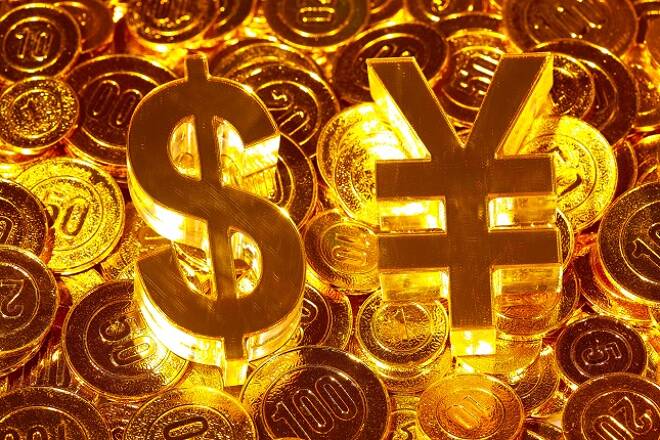Not all Safe Havens Equal Amid Coronavirus Outbreak
By:
The demand for safe haven assets has understandably been amplified amid swirling concerns over the coronavirus outbreak.
Gold has certainly lived up to its billing as a safe haven asset, testing the $1690 resistance level after having surged to levels not seen since Q1 2013. At the time of writing, Gold has advanced by about eight percent so far this year.
Bullion bulls have only gotten more tenacious over the past week, as the coronavirus’ spread outside of China prompts market jitters about the duration and global footprint of this outbreak.
Ultimately, market participants would want to know how much the coronavirus would impact global economic growth. Until the spread of the coronavirus is contained, investors are likely to continue seeking shelter in Gold until the Covid-19 storm clouds disperse.
Coronavirus-related concerns to keep EURCHF’s downward trend intact
Covid-19 has given the Swiss Franc yet another reason to strengthen against the Euro, with EURCHF finding a floor around the 1.06 long-term support level for the time being. Serving as a barometer of risk sentiment on the continent, the currency pair has weakened by over two percent so far in 2020. The Franc also boasts of a year-to-date advance against all G10 currencies except for the US Dollar.
With the China-dependent EU economy struggling to overcome these global challenges, it is unlikely that the Euro can stage a meaningful rebound against the safe haven CHF, which suggests that EURCHF is expected to remain suppressed over the near-term.
Covid-19 erodes Yen’s safe haven status
However, Covid-19’s spread in Japan has eroded the Yen’s status as a safe haven asset, with JPY having weakened against all G10 and Asian currencies so far in February, except for the Malaysian Ringgit. Although USDJPY has moderated since breaching the psychological 1.12 level, the pair is still trading around levels not seen since May 2019.
With the number of confirmed cases in Japan now exceeding 130, the coronavirus is compounding Japan’s economic outlook. Investors will closely scrutinize Japan’s latest data on inflation, industrial production, jobs, and retail sales, all due this Friday, and set usd/jpythem against the latest domestic developments around Covid-19, in determining the Yen’s next move.
For more information, please visit: FXTM
Written on 02/25/20 08:00 GMT by Han Tan, Market Analyst at FXTM
Disclaimer: This written/visual material is comprised of personal opinions and ideas. The content should not be construed as containing any type of investment advice and/or a solicitation for any transactions. It does not imply an obligation to purchase investment services, nor does it guarantee or predict future performance. FXTM, its affiliates, agents, directors, officers or employees do not guarantee the accuracy, validity, timeliness or completeness of any information or data made available and assume no liability for any loss arising from any investment based on the same.
Risk Warning: CFDs are complex instruments and come with a high risk of losing money rapidly due to leverage. 81% of retail investor accounts lose money when trading CFDs with this provider. You should consider whether you understand how CFDs work and whether you can afford to take the high risk of losing your money.
About the Author
Han Tancontributor
A highly experienced financial journalist and producer with more than seven years of experience gained across some of Southeast Asia’s (SEA) most prominent business broadcasters.
Advertisement
